Women’s History Month – Susan Margaret Cooper
Women’s Rightful Place On The Public Stage
During the recent Covid lockdowns, it was necessary for theatres and other places of entertainment to be closed causing hardship for everyone connected with those venues. Just imagine how devastating to its citizens was the enforced closure of London’s theatres during many years under Protector Cromwell’s miserable regime in the 17th century. What sheer delight it must have been for the populace when at long last the theatres were once again opened for business.
It seems incredible today to imagine a time when women were not legally allowed to act professionally upon the public stage, with any female roles being played by men only. This had indeed been the case until after the Restoration of Charles II in 1660 when he granted, in January 1662, Letters Patent to Thomas Killigrew Esq and Sir William D’Avenant for them each to run theatre companies known respectively as the King’s Company and Duke’s Company.
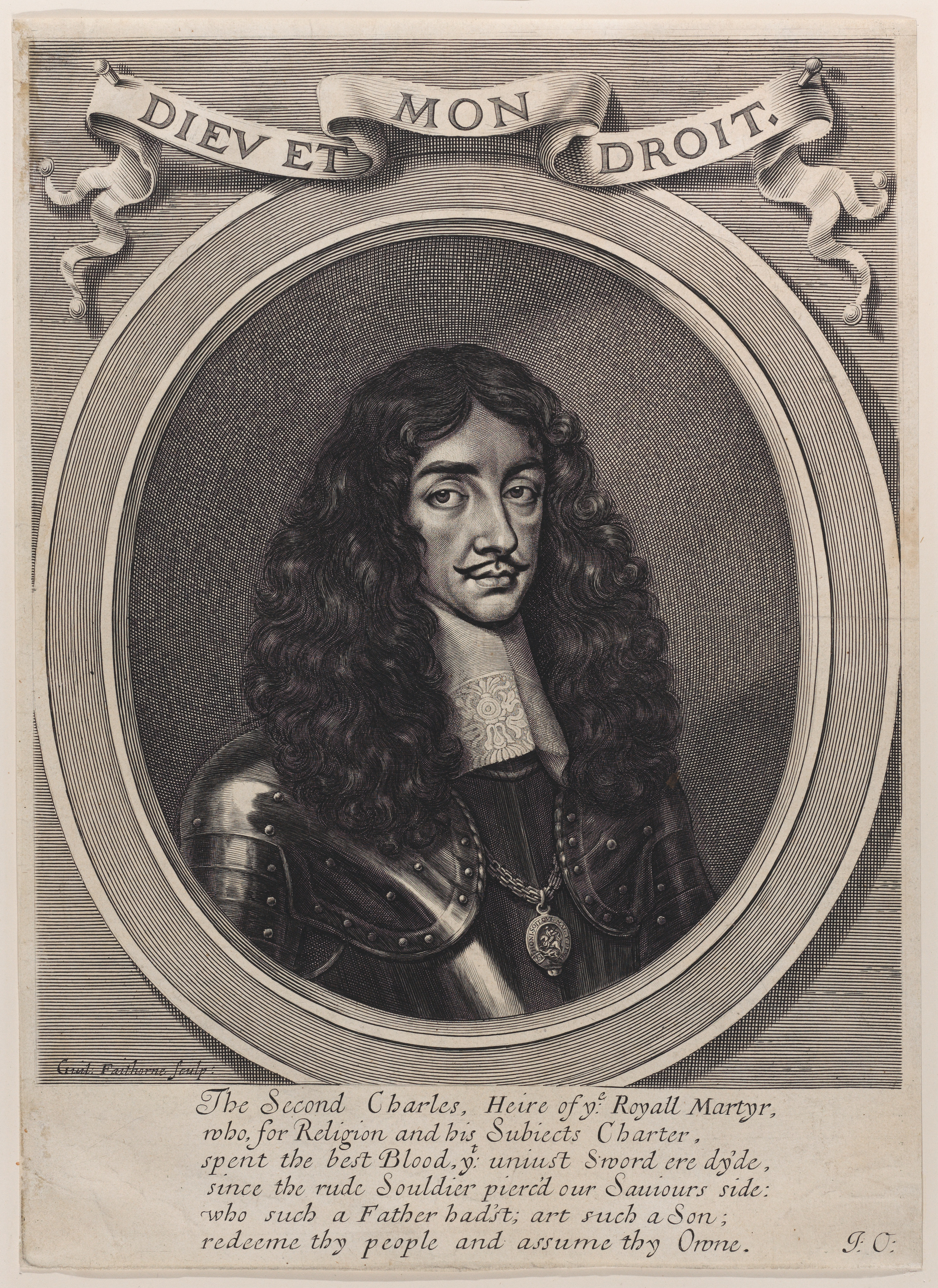
By the time ‘The Famous’ Mrs Elizabeth Barry and Mrs Anne Bracegirdle ‘The Darling of the Theatre’ commenced their acting careers, women had been ‘treading the boards’ legally for just over a decade which had paved the way for budding young actresses keen to make their mark in the London playhouses. This wonderful opportunity had given young women the choice, if they so wished, of living a very different single and independent life during times of male dominance.
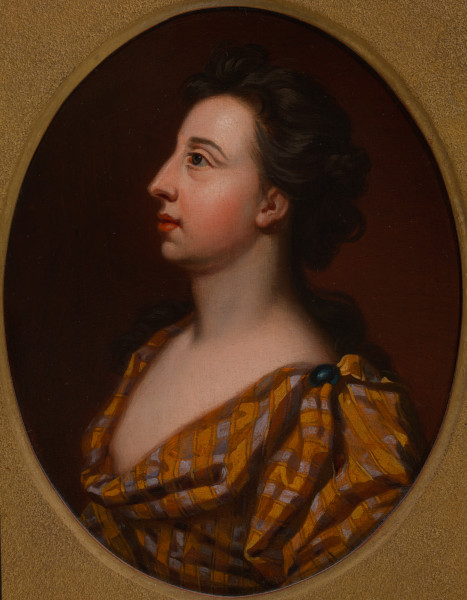
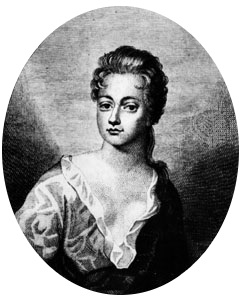
Elizabeth and Anne were, it appears, not readily destined for the limelight. According to contemporary sources, Elizabeth had supposedly been born into a respectable family, her father a gentleman of an ancient family and good estate and a Barrister at Law. Similarly, Anne came from a long line of Northamptonshire Bracegirdles, her father himself a gentleman. But tragedy struck both of these families for different reasons. Elizabeth’s father, later known as Colonel Barry, raised arms for King Charles I during the English Civil Wars, which generous act subsequently depleted his estate. Anne’s family too fell upon hard times, due to her father’s problematic dealings of surety to friends. Both these tragic circumstances led to their respective daughters being placed in the care of the playhouse.
However, a thespian’s life was not an easy one. To be a success, a player had to possess a ready natural talent for the stage and, most importantly, an ability to not only remember their lines but also to convincingly portray, whether in tragedy or comedy, numerous stage characters. Added to this, was the precarious environment of not only the playhouse itself, but also the often dangerous surroundings of 17th century London.
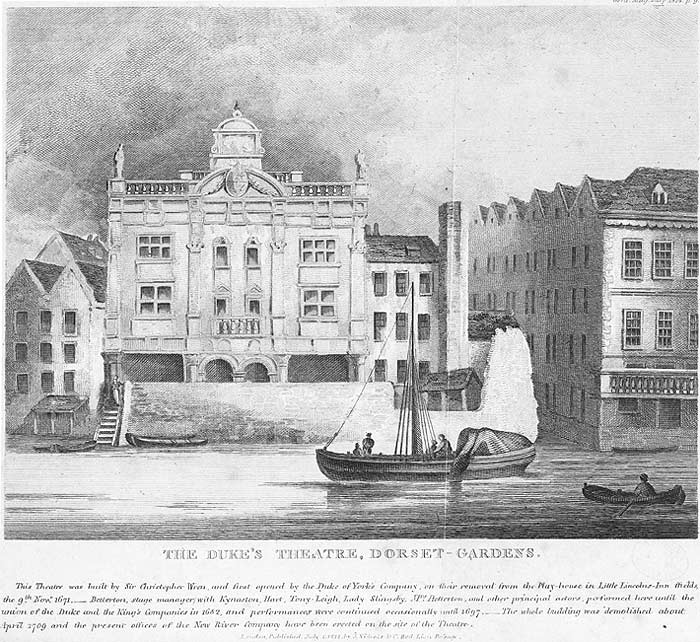
These two young and no doubt impressionable girls were left with little choice as to their futures, and so they made the best of what the theatre could offer them. Fortuitously, as it turned out, both of them possessed a talent for acting and very soon became cast members of the Duke’s Company. Elizabeth made her debut on the stage in September 1675, at the age of seventeen, playing Draxilla in Thomas Otway’s tragedy Alcibiades, with the legendary actor Thomas Betterton playing the title role. Young Anne, who was thirteen years Elizabeth’s junior, made her stage debut at the tender age of nine in 1680, she playing the part of a Page in another of Otway’s tragedies, The Orphan; or, The Unhappy Marriage, an apt title indeed, considering she had been in effect orphaned.
To be honest, Elizabeth’s early performances did not go altogether well and she was dismissed from the company. However, she did possess a hidden talent which a perceptive earl had spotted and, after coaching from him, the young green actress went from strength to strength, becoming the finest tragedienne of her day, with a salary to match her prowess.
Anne fared much better from the start and, like her close friend Elizabeth, became a much celebrated star in her own right.
Both these actresses had successful careers spanning many years. However, although Anne was several years younger than Elizabeth she surprisingly retired three years before her, in 1707. Anne’s sudden decision to relinquish the stage was, it appears, due to a rival actress who was gaining great popularity and who had begun to overshadow the celebrated Bracegirdle. Whether this was truly the main reason for Anne’s departure can only be surmised, as Anne’s character has never struck me as one of a jealous nature. Perhaps there were other reasons that she felt her time in the limelight was dimming, or maybe, after nearly thirty years of treading the boards, she wished for a leisurely retirement and was, through her own hard-earned moderate wealth, more than able to achieve it. Whatever the reasons, it was a good decision, she having no less than forty-one years of happy retirement, dying in 1748.
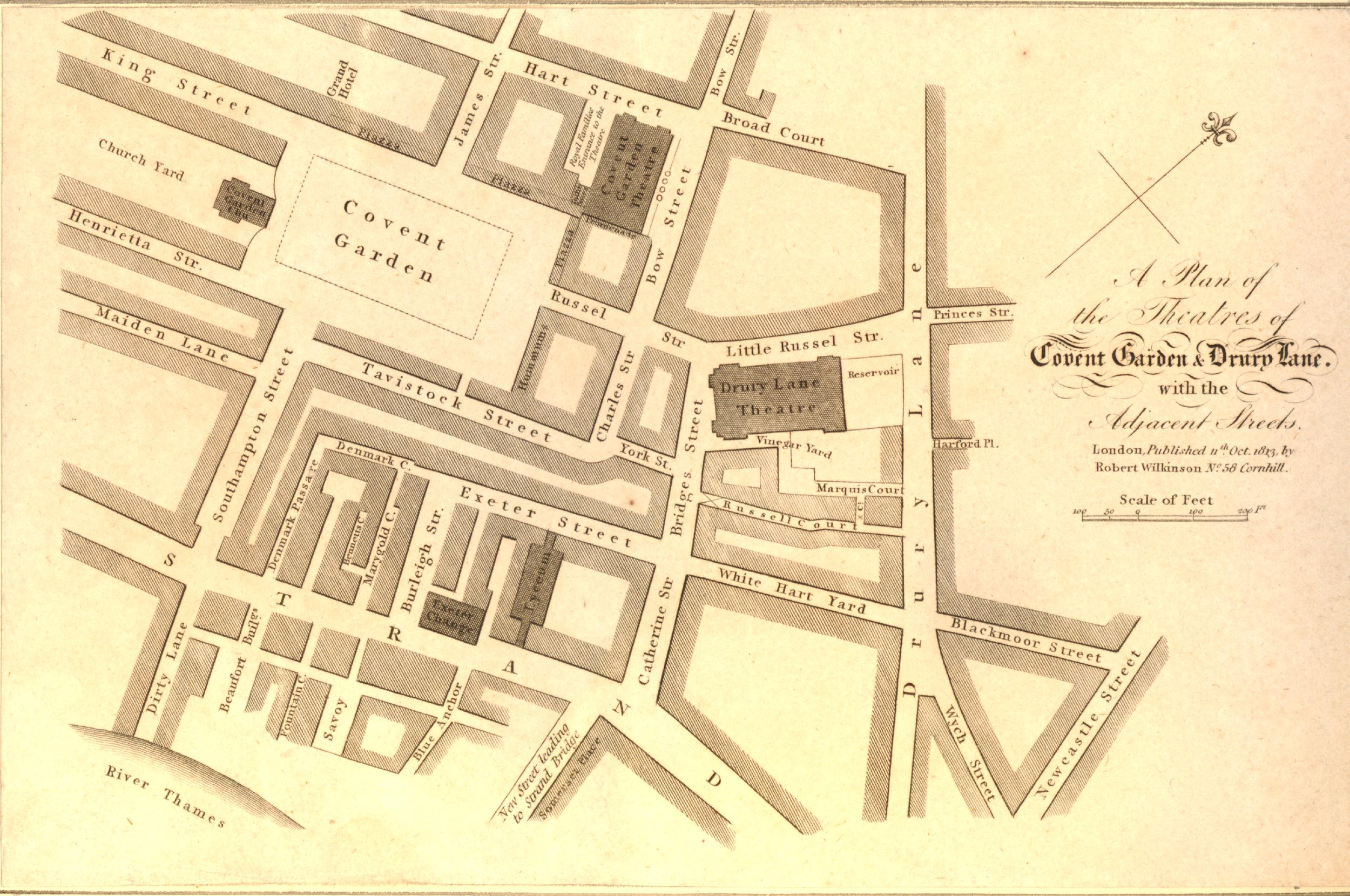
On the other hand, Elizabeth sadly had a very short retirement of just three years, she dying in somewhat unusual circumstances at the age of fifty-five, in 1713. She had left her hectic life on the stage for a more tranquil, rural setting in Acton’s sweet air. The discovery of mineral springs made Acton Wells a very pleasant and popular place to reside. Similarly to Anne, but with greater business acumen, Elizabeth had accumulated a good deal of wealth with which to enjoy her retirement. At her residence at Acton, she would no doubt have had many friends visit her and judging by the legatees in her will, her later close friends were mainly women, with the exception of just two gentleman. One of the legatees was her close friend and fellow actress Anne Bracegirdle who was left a substantial amount, along with the words to save Mrs Bracegirdle harmless from any Debt of the Play-House, which could have indicated that, at the time of Anne leaving the theatre, there might surprisingly have been monies owing by her to the company.
Elizabeth and Anne each left lasting legacies in their wills, which for a long time benefited particular legatees. One just hopes that those lucky few appreciated their generous windfalls, which were solely thanks to two remarkably talented and revered Restoration actresses.
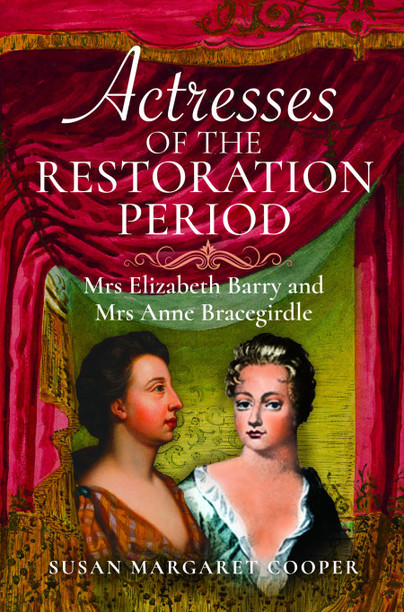
Order your copy of Actresses of the Restoration Period here.

